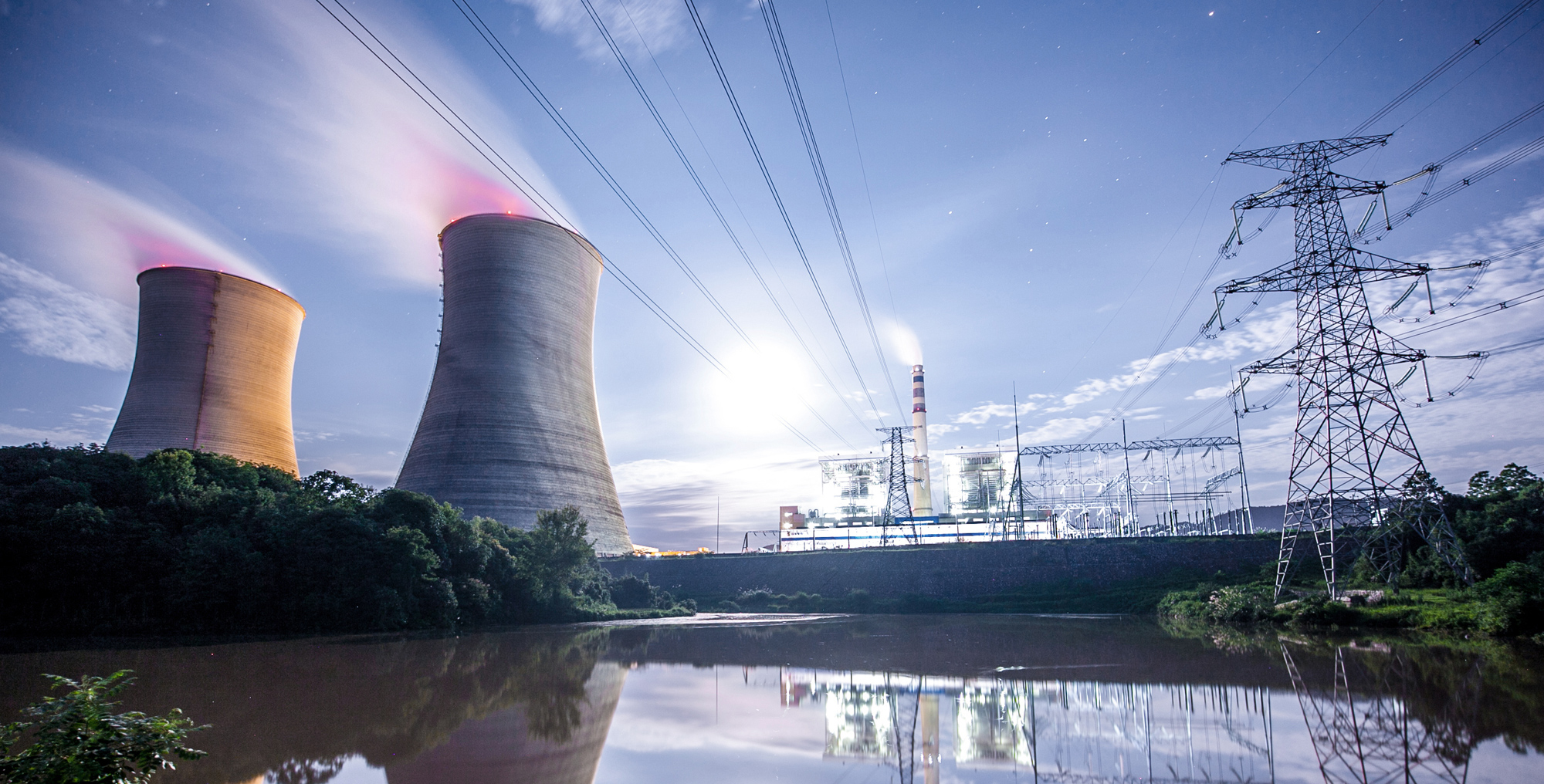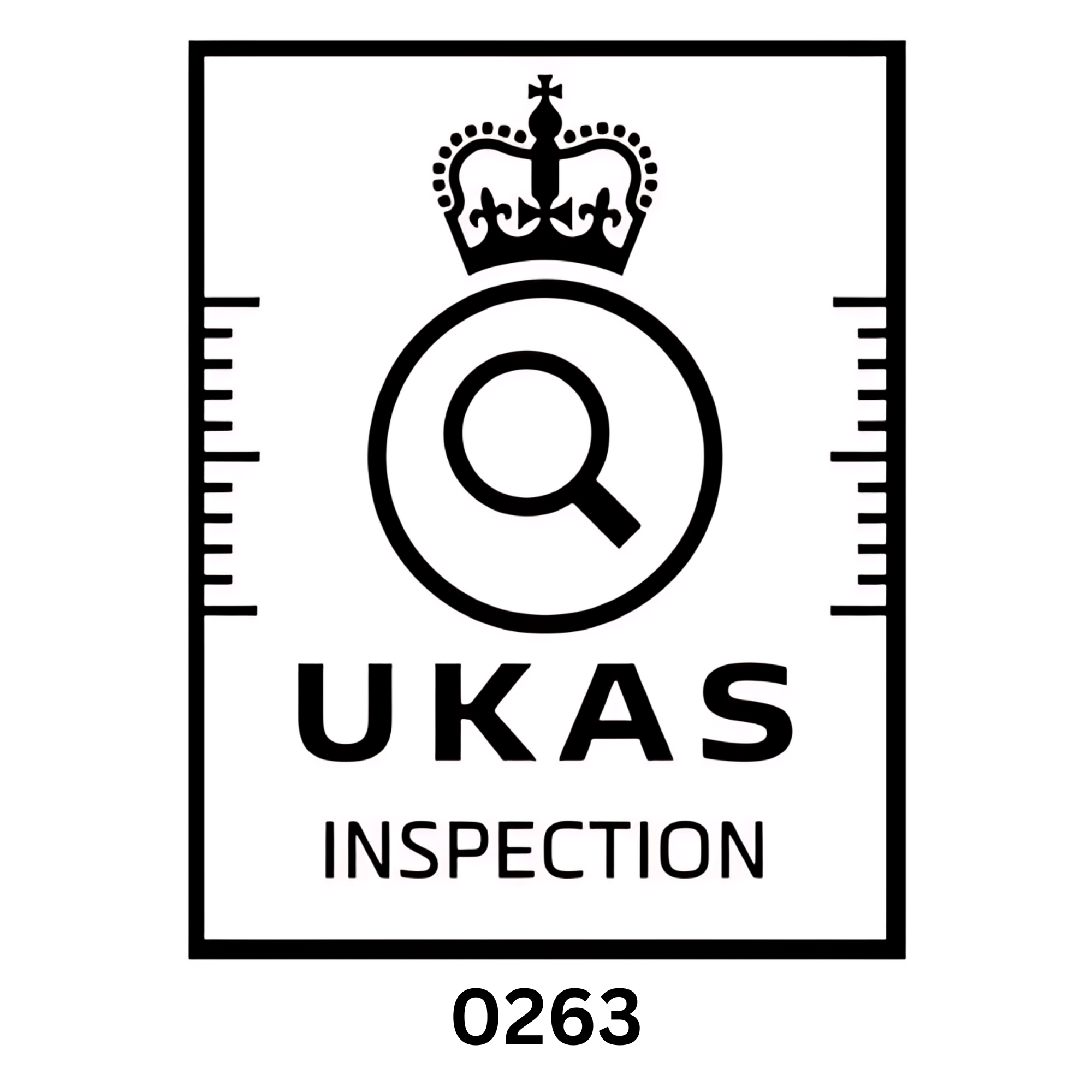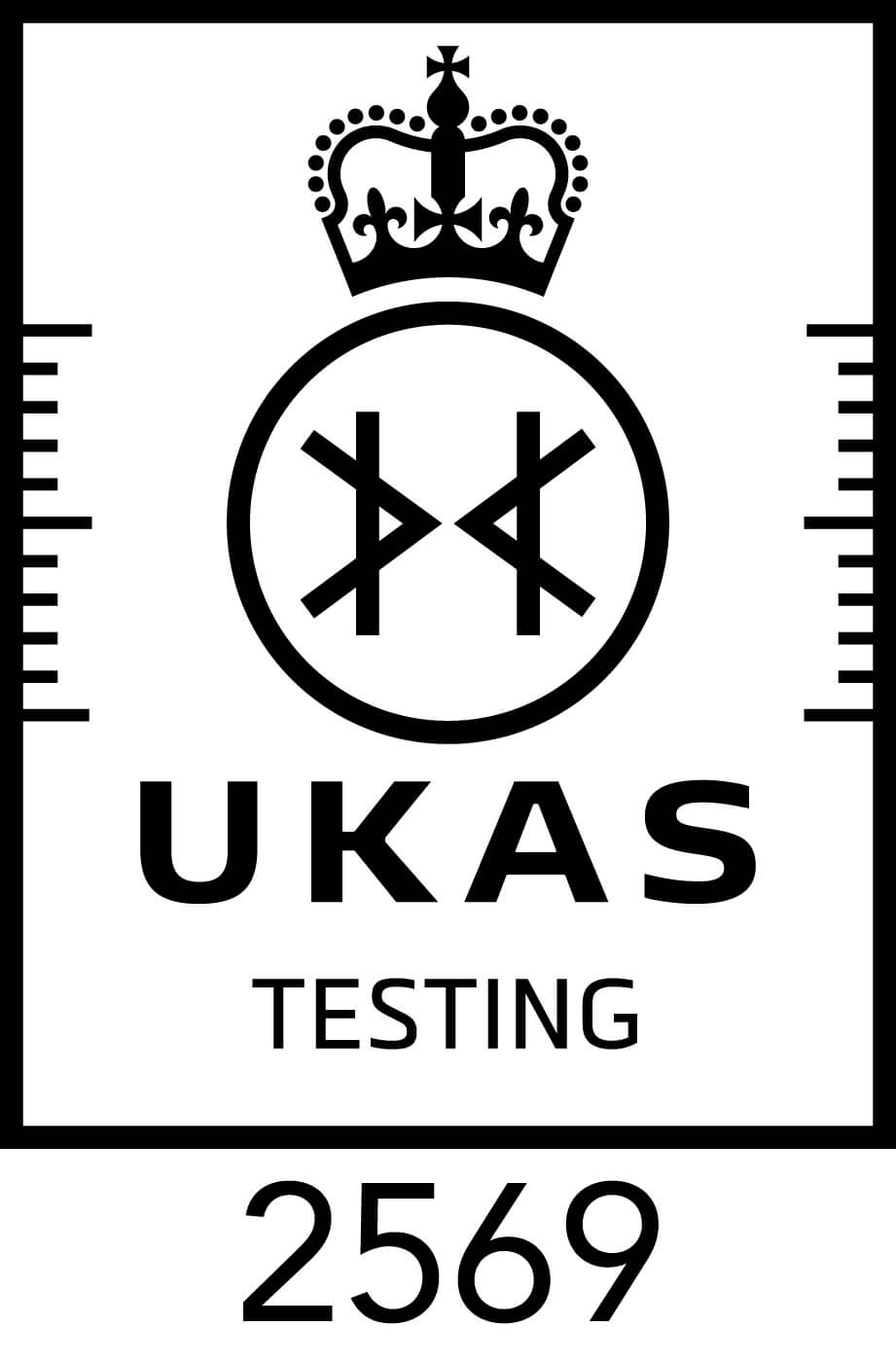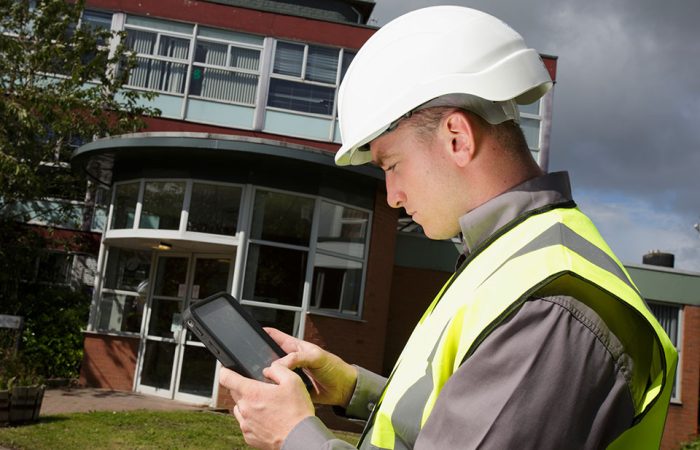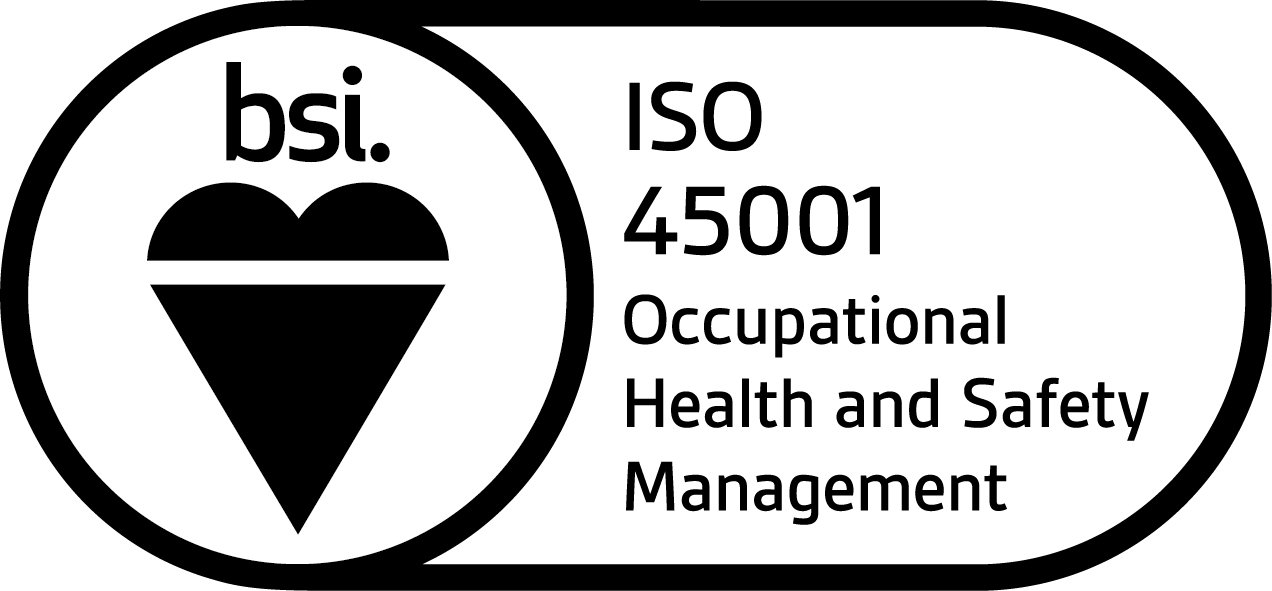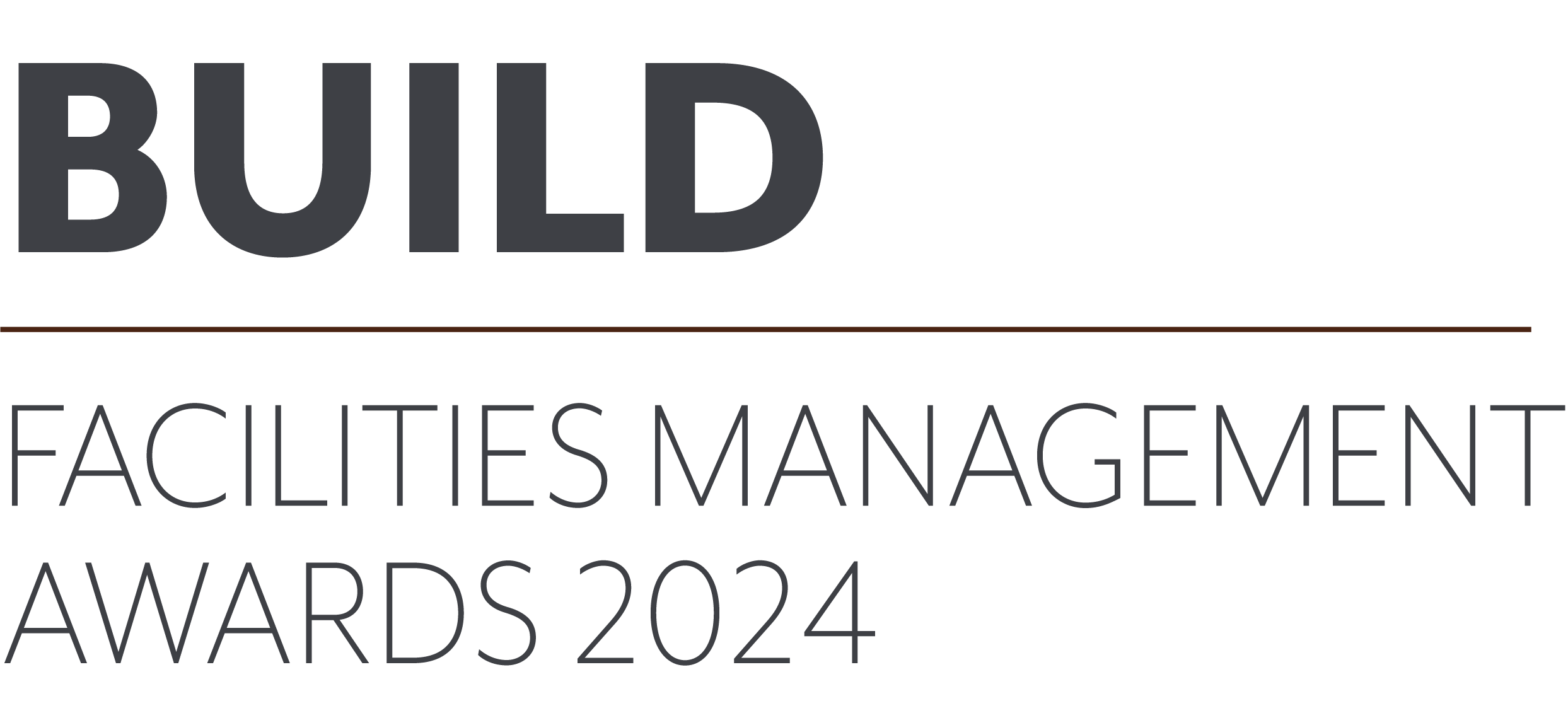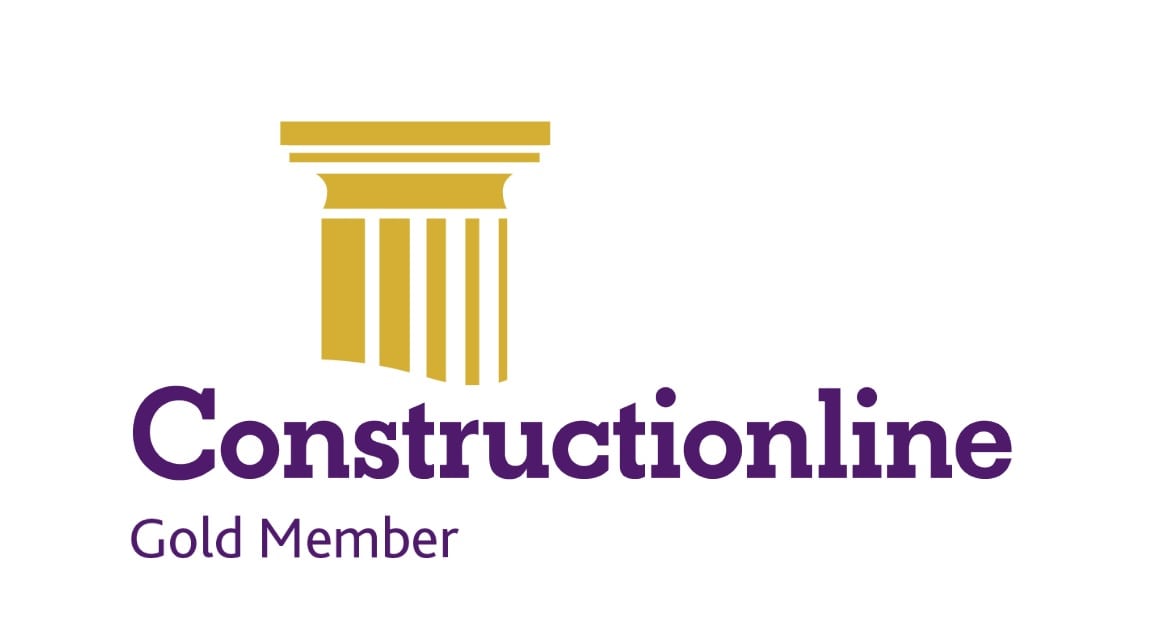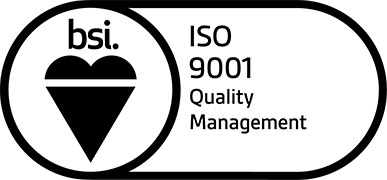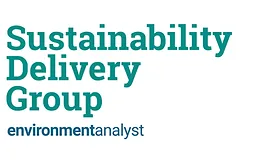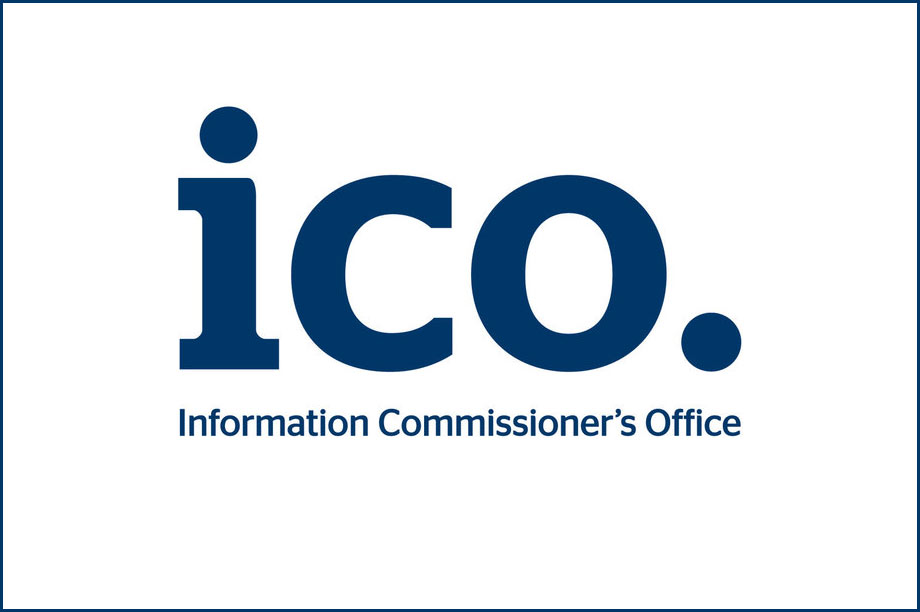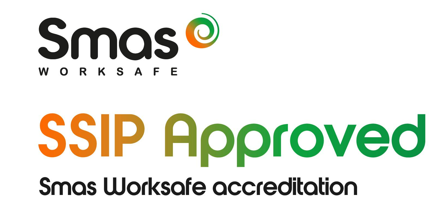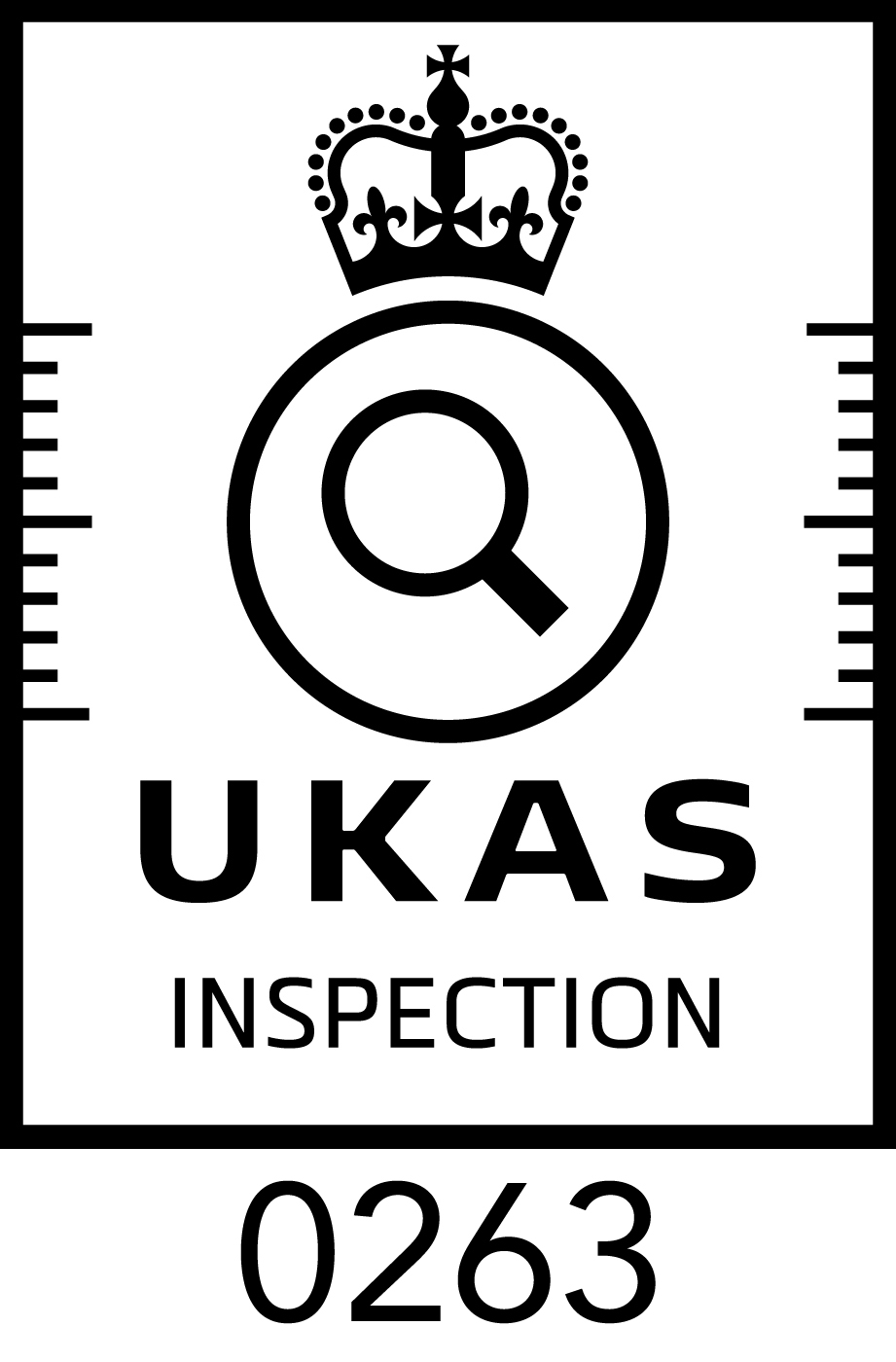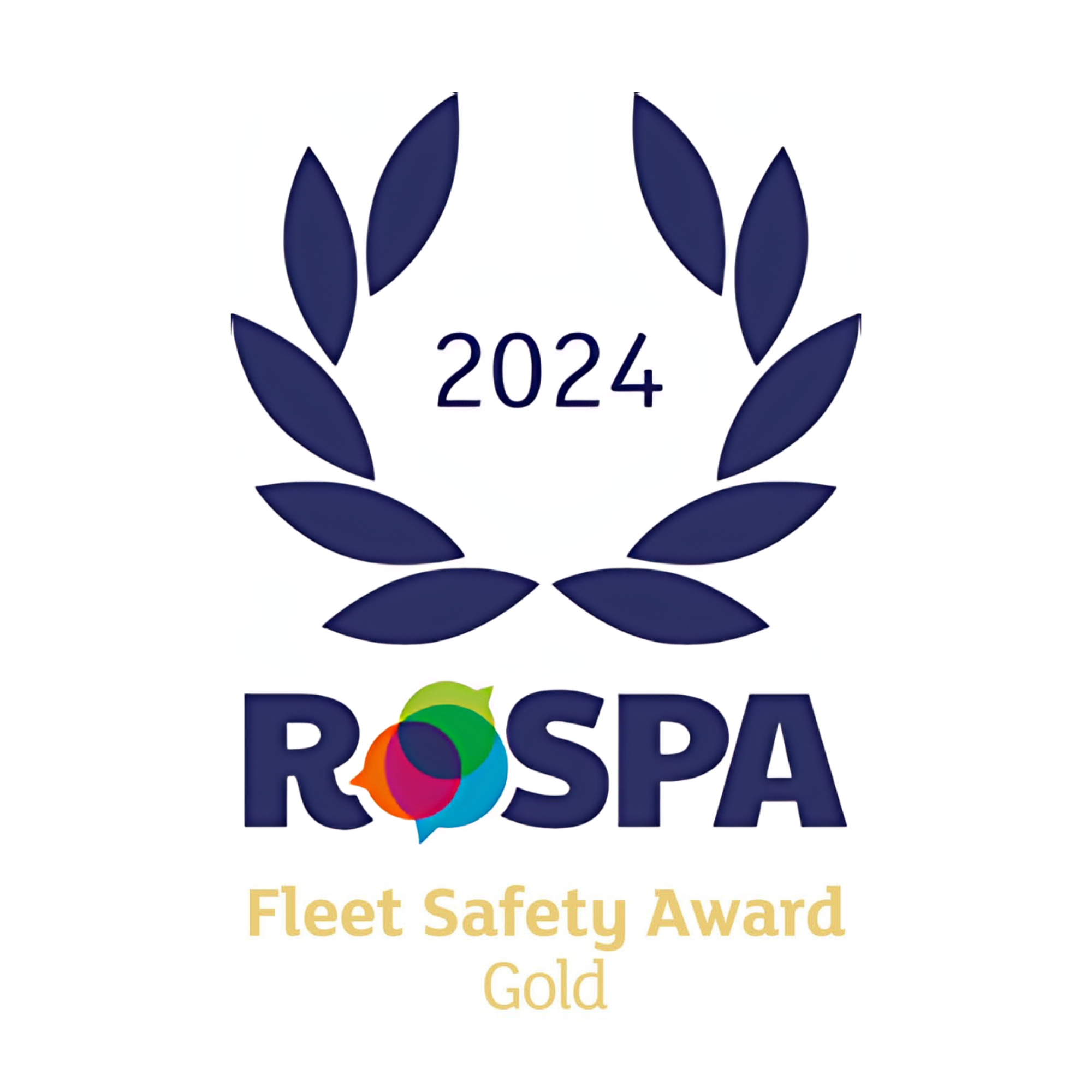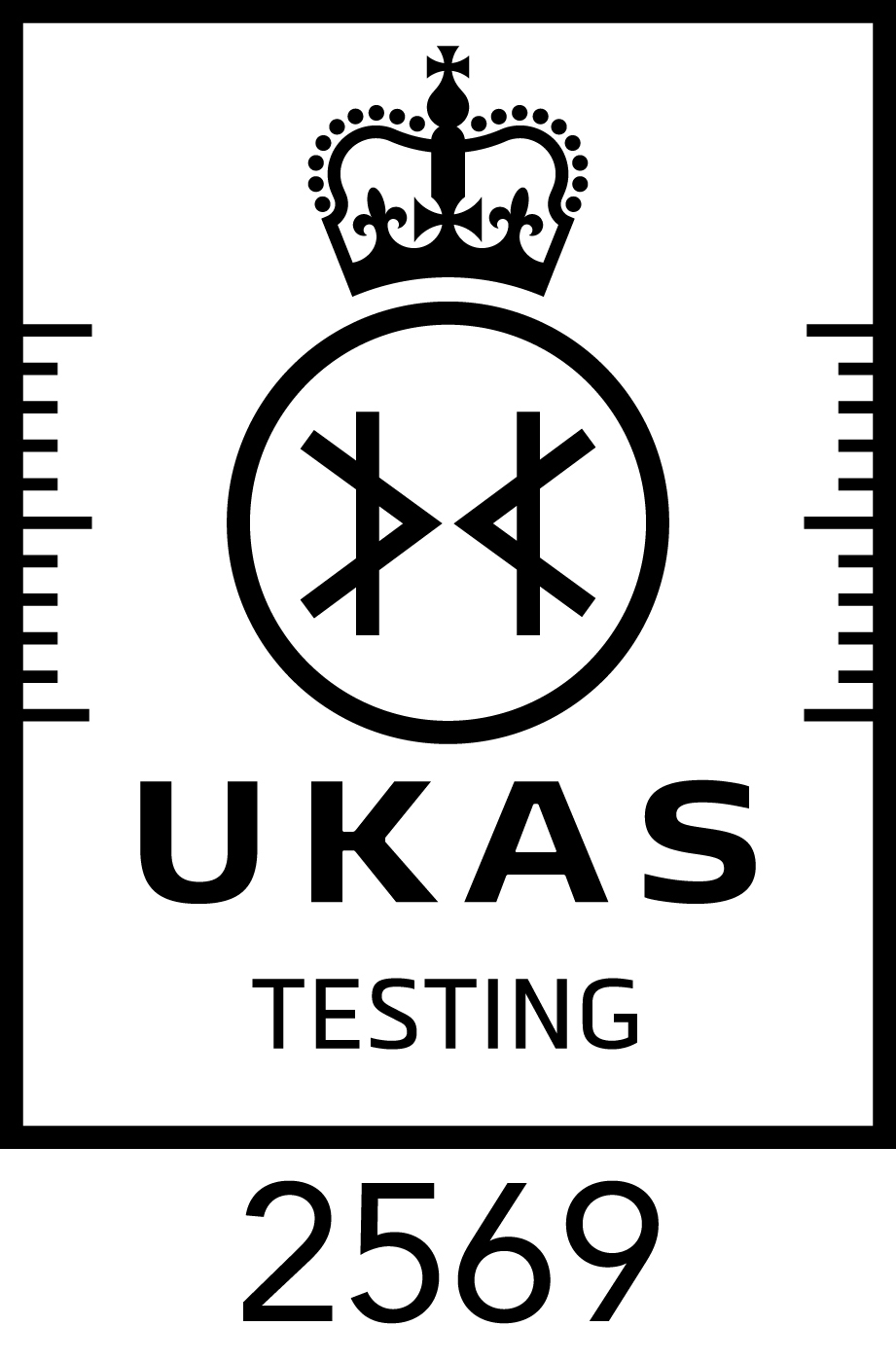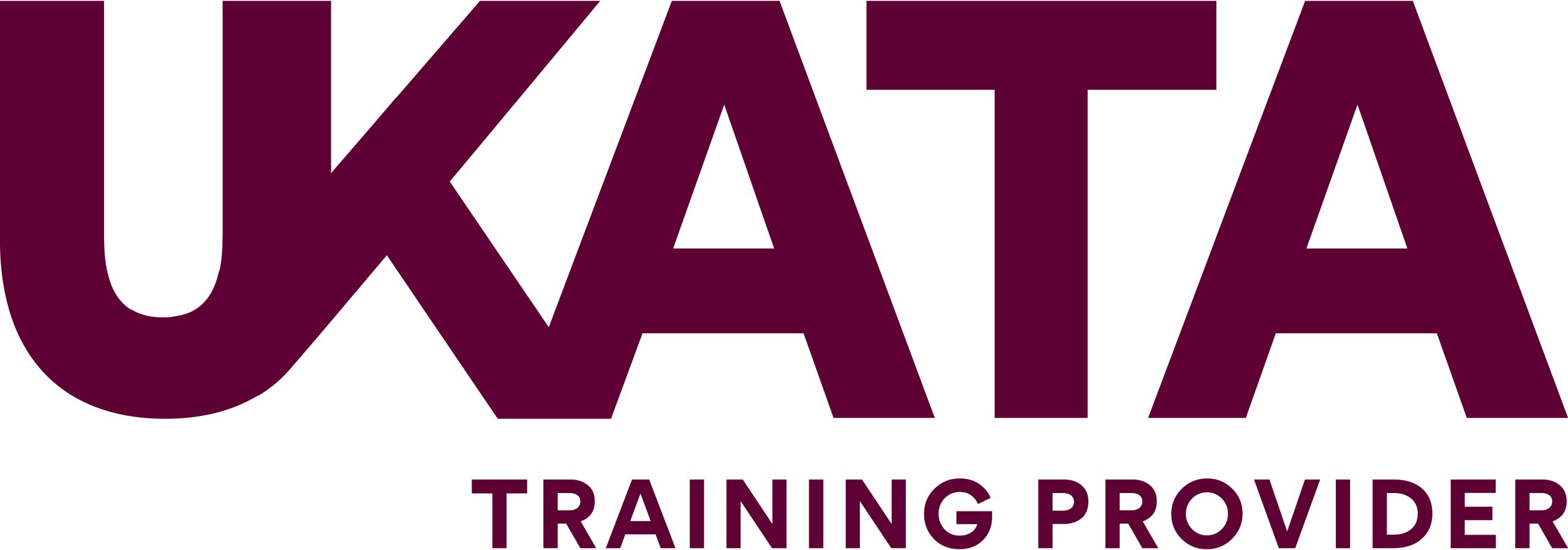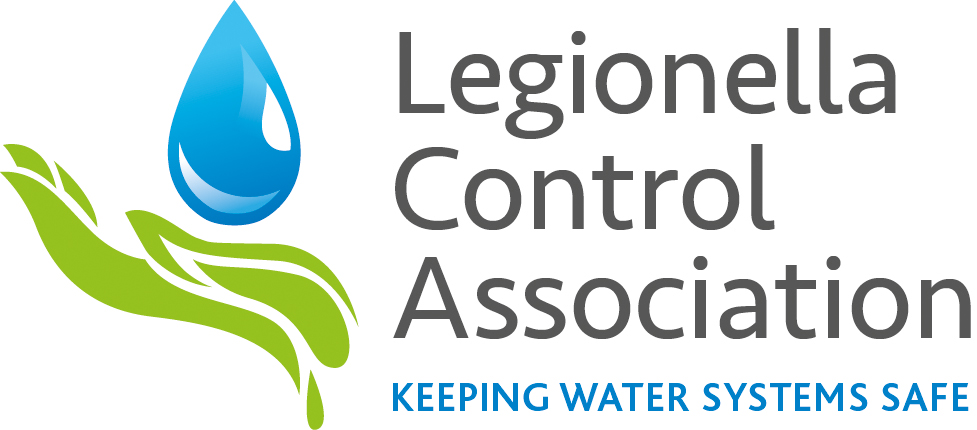Safeguard your team, contractors, and the public from asbestos risks with Lucion’s Asbestos Risk Assessment services. Mitigate dangers, ensure compliance, and prioritise health and safety.
In the intricate landscape of asbestos management, Lucion offers more than a service; we provide a solution to a critical problem.
Asbestos, a hidden threat in workplaces, demands careful assessment to protect people from potential exposure. Our Asbestos Risk Assessment Consultants conduct impartial examinations, delivering trusted advice to mitigate risks and secure the well-being of your teams, contractors, and the public.
An Asbestos Risk Assessment is a vital examination of potential hazards associated with asbestos. This process identifies risks, evaluates their level, and aids in implementing effective preventive measures. As a duty holder, conducting a thorough assessment is crucial, covering five key steps outlined by the HSE: hazard identification, harm assessment, risk evaluation, recording findings, and periodic reviews.
Choosing an external Asbestos Risk Assessment Consultant saves you time and money, and provides vital information to help keep your team and contractors shielded from potential asbestos exposures. Lucion, UKAS accredited and a market leader, offers a comprehensive suite of services. Our expertise extends beyond assessments, encompassing inspection, testing, management, and advisory services. We guide you through compliance with the Control of Asbestos Regulations (CAR) 2012, emphasising a structured approach to hazardous material management.
With 20 years of experience in the asbestos industry, Lucion’s distinguished reputation stems from our continuous UKAS ISO 17020 and ISO 17025 accreditations since 2003. Our commitment to quality is evident in our in-house services, providing specialised risk analysis and management capabilities.
With a focus on health, safety, and well-being, our business operations adhere to ISO 9001, ISO 14001, and ISO 45001 standards. Our RoSPA Gold Awards affirm our commitment to excellence and our abilities to ensure your compliance.

